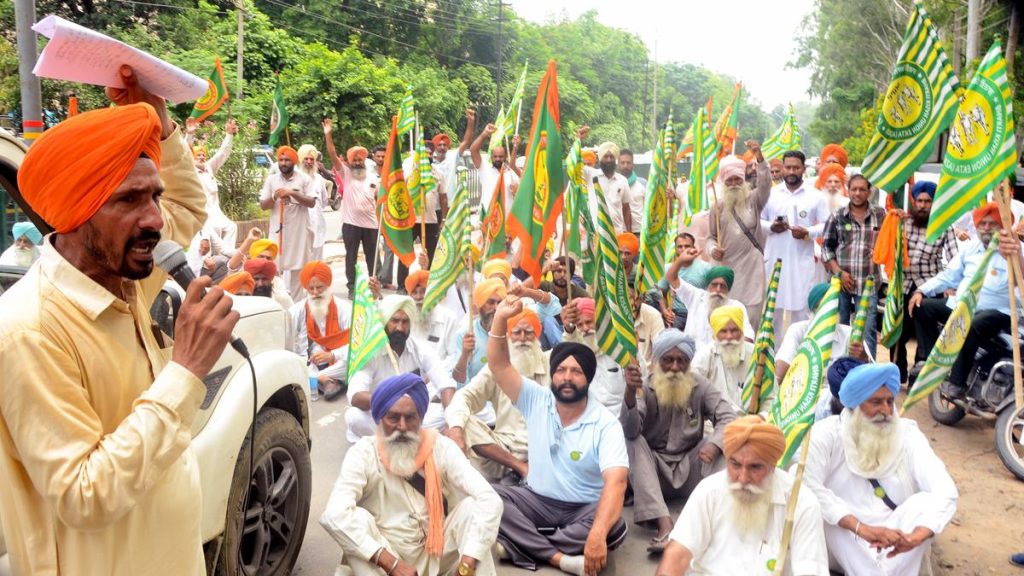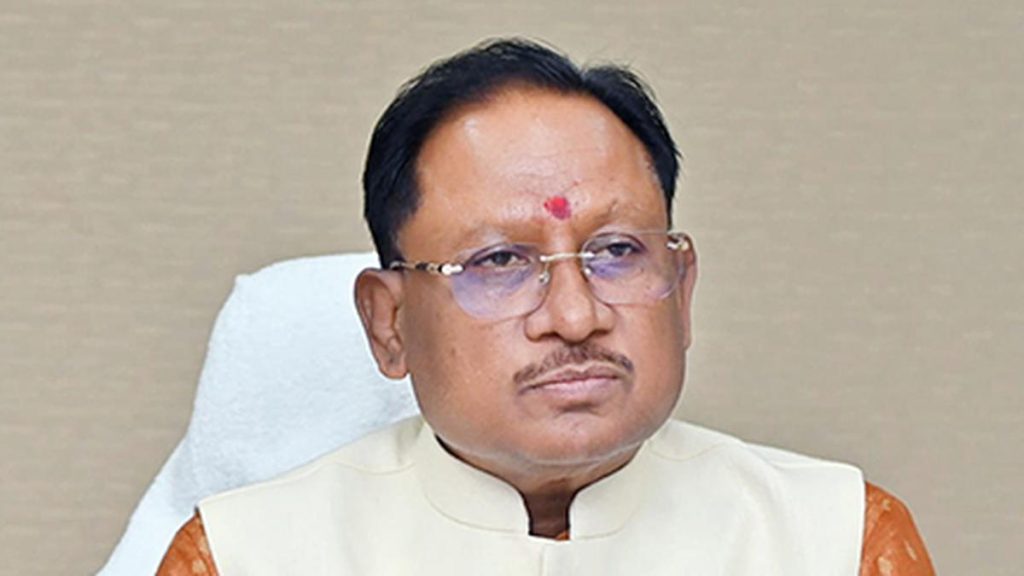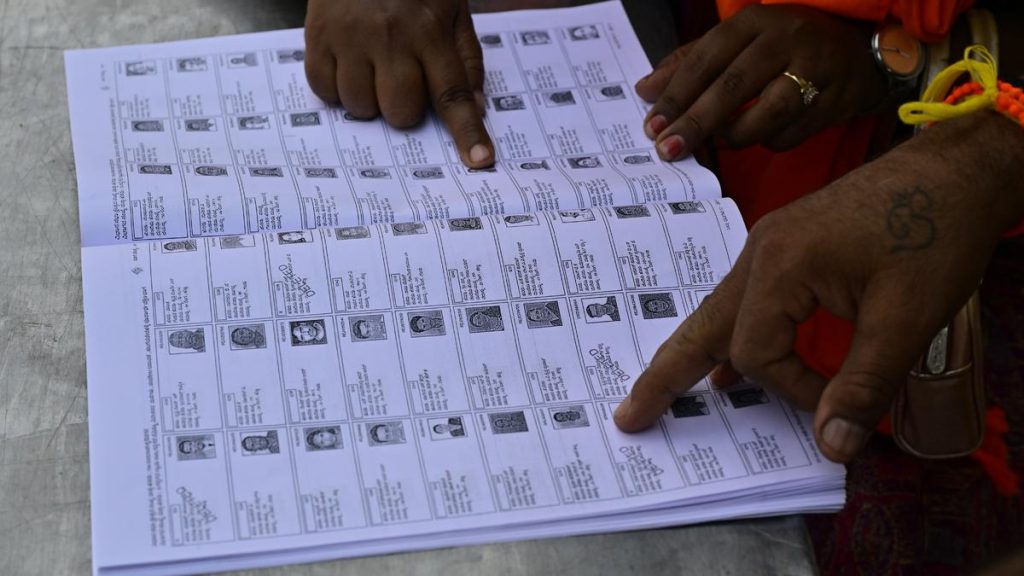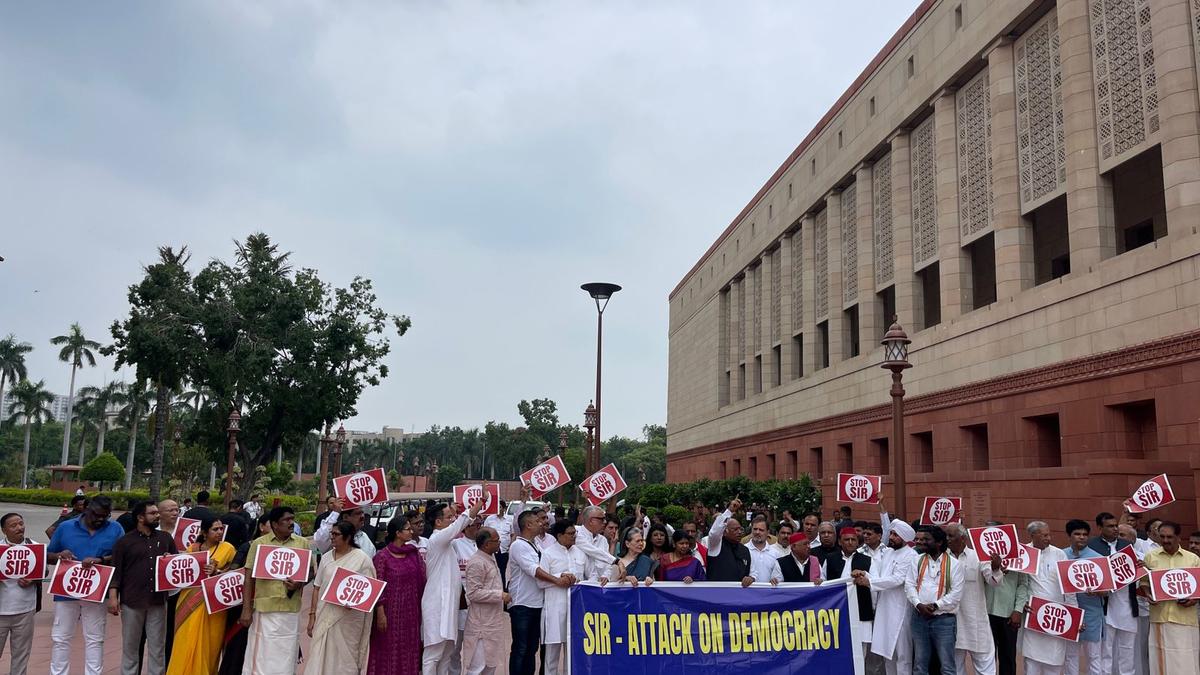Now Reading: Kerala Challenges SC Verdict in T.N. Governor Case, Calls Presidential Reference ‘Misleading
-
01
Kerala Challenges SC Verdict in T.N. Governor Case, Calls Presidential Reference ‘Misleading
Kerala Challenges SC Verdict in T.N. Governor Case, Calls Presidential Reference ‘Misleading
Quick Summary
- The State of Kerala has urged the Supreme Court to dismiss a Presidential Reference seeking clarity on judiciary timelines for the President and Governors in clearing State bills.
- Kerala argued that the Constitution does not permit the supreme Court to appeal its own judgments or grant appellate jurisdiction based on Presidential References.
- Senior advocates K.K. Venugopal and C.K. Sasi, representing Kerala, referred to judicial precedents, including cases involving Telangana, Punjab, and Tamil Nadu.
- Kerala stated that any challenge should have been presented through review or curative petitions following an April 8 judgment related to powers under Article 200 and 201 of the Constitution.
- It claimed no valid proceedings had been filed against this ruling by the Union government,making it binding under Article 141.
Indian Opinion Analysis
Kerala’s submission touches upon critical constitutional principles such as finality in judicial decisions (Article 141) and separation of powers. By opposing the Presidential Reference without filing proper challenges like review petitions, Kerala emphasizes procedural consistency over reinterpretation through advisory channels under Article 143. This case has broader implications for safeguarding judicial integrity against potential misuse of procedural tools to sidestep established rulings. Additionally, it raises questions about governance efficiency at federal levels regarding delays by Governors or Presidents in approving Bills-a recurring friction point between States and constitutional authorities.
Read more at The hindu.

























